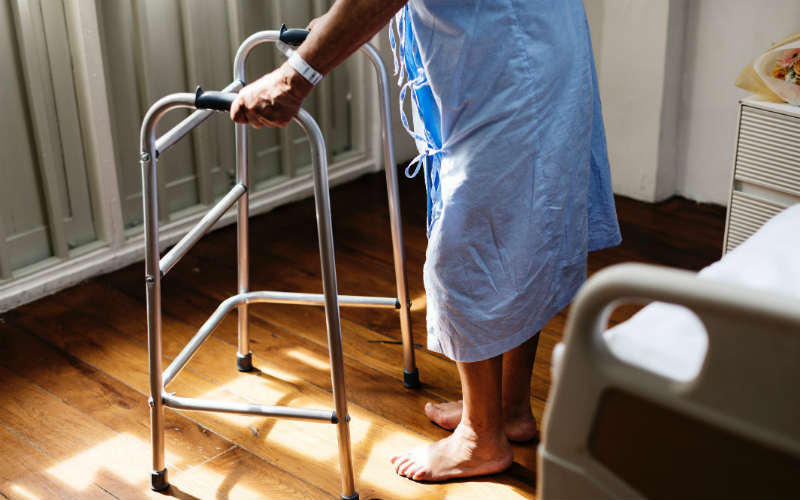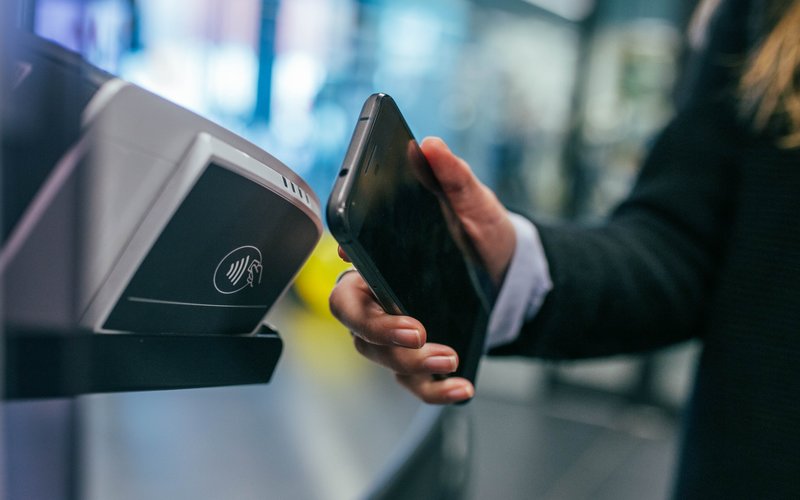Credit card giant Mastercard reported a major shift in consumer behaviour that has seen 44% of Aussies decrease their use of cash when making purchases in-person since the outbreak of the coronavirus pandemic, as shoppers fear germs on cash.
The research found that more than half (52%) of Aussies are more aware of the dirtiness of cash as a result of COVID-19, while one in five (21%) said the risk of germs has made them not use cash at all.
Eight in ten (79%) of Australians agree contactless payments are a cleaner way to pay.
The overwhelming majority (88%) of contactless payment users made transactions with their debit or credit cards while a quarter are using their mobile phone to pay.
Since the beginning of the outbreak, 94% of Aussies have made contactless purchases at the grocery store, while 70% have made it at their pharmacy and 56% have paid without cash at another retailer.
Mastercard Division President Australasia Richard Wormald said the pandemic has made consumers think twice about their behaviour.
“Consumer behaviour around payments has seen a shift since COVID-19, which has transformed the daily lives of Australians," he said.
"Australians are looking for a safe, clean and secure way to pay, which has seen contactless card and device transactions surge.
"It is clear that this is the preferred way to pay, now, and for the future."
Globally, 79% of people worldwide and 91% in Asia Pacific said they are now using tap-and-go payments for necessary purchases.
Almost half (46%) of respondents globally have made the switch to contactless payments since the outbreak of the pandemic.
Mastercard Executive Vice President, Products & Innovation, Asia Pacific, Sandeep Malhotra said the coronavirus will change the way people shop in the future.
“The fact that three in four people intend to keep using tap-and-go after the pandemic is a strong sign that consumers see the long-term benefits of having a safer, cleaner way to pay, checking out faster and being more socially responsible," he said.
But while going cashless may help reduce the spread of the virus, some financial analysts and commentators are warning the increased use of credit cards will worsen the existing problem of credit card mismanagement.
Be wary of credit card debt
Founder and CEO of Financial Mindfulness Andrew Fleming said the combination of reduced incomes and a move away from using cash is the "perfect storm" for credit card debt.
“The Australian Government official medical advice is to ‘tap to pay where possible instead of using cash’ - this advice will drive increased use in credit and store cards," Mr Fleming said.
"A lot of people have seen their incomes slashed, and they are being asked to reach for their cards to pay for goods and services.
"In January 2020 just before the crisis, there was $42.6 billion owing on credit cards with $28.4 billion accruing interest. This situation, with lower incomes and increased use of cards – is a perfect storm for millions of Australians to deepen the financial holes they were already in."
According to Mr Fleming, many Australians still don't properly understand how credit cards work.
"The average credit card standard interest is 19.94%. Credit card interest can be reduced if you understand and properly manage credit cards.”
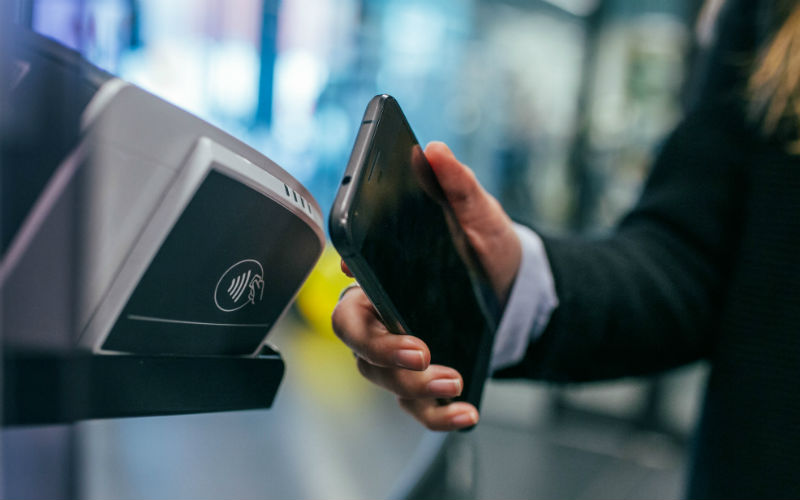


 Harrison Astbury
Harrison Astbury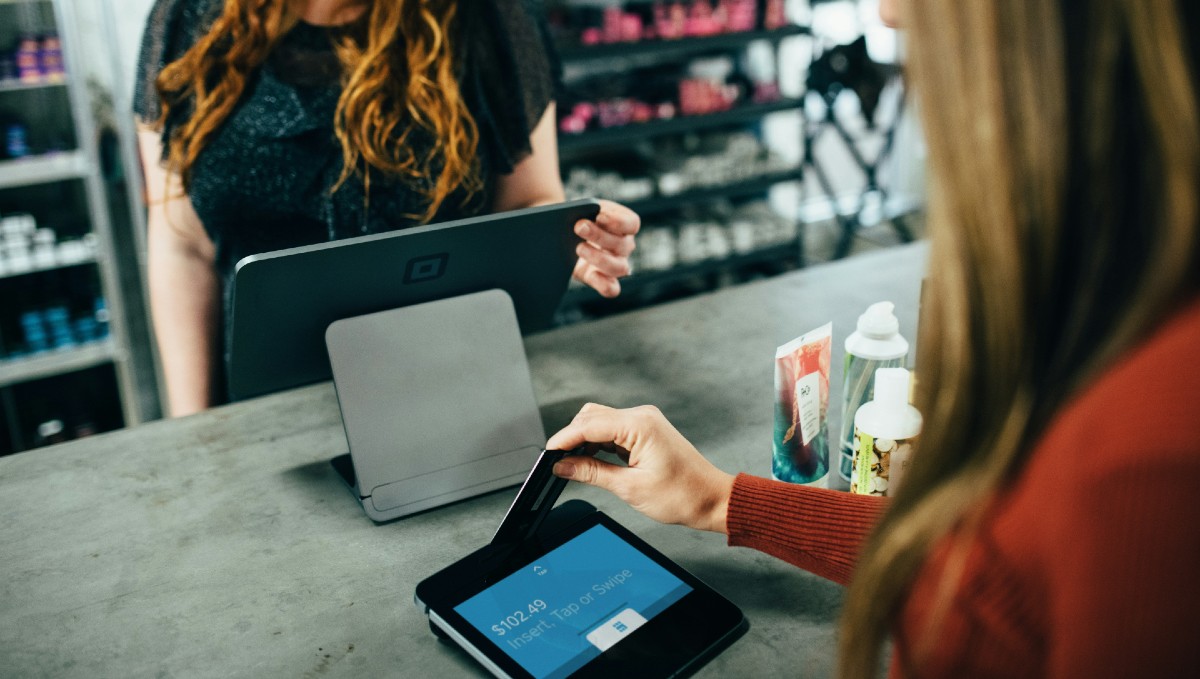
 Denise Raward
Denise Raward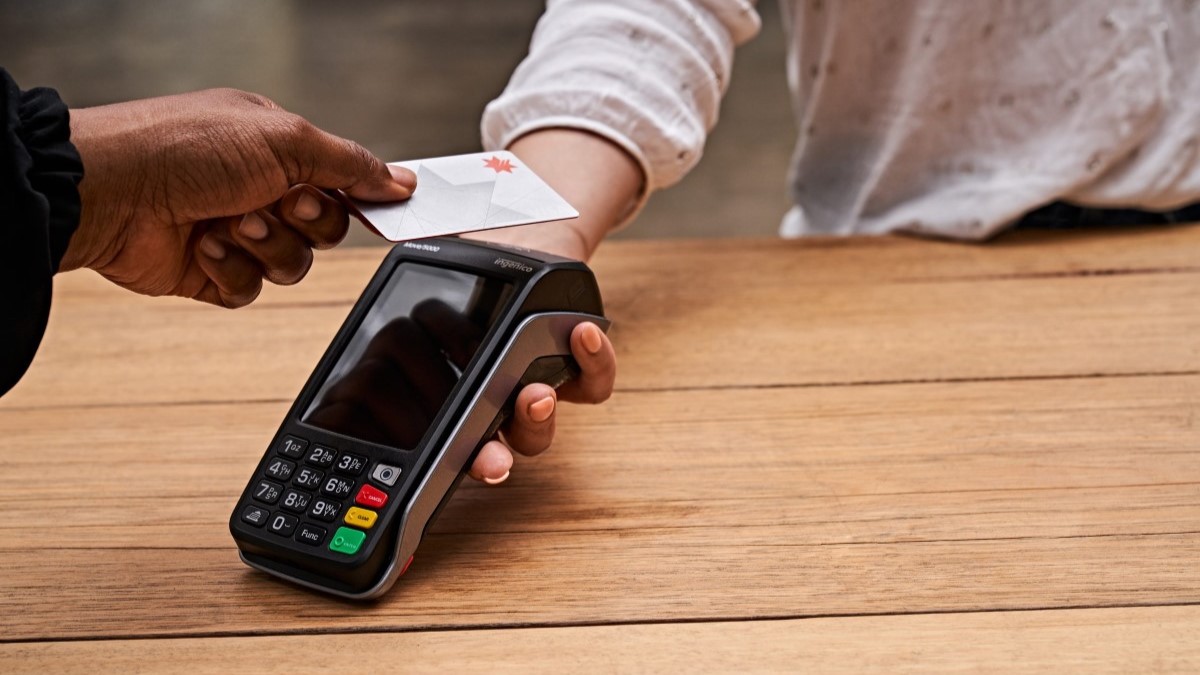
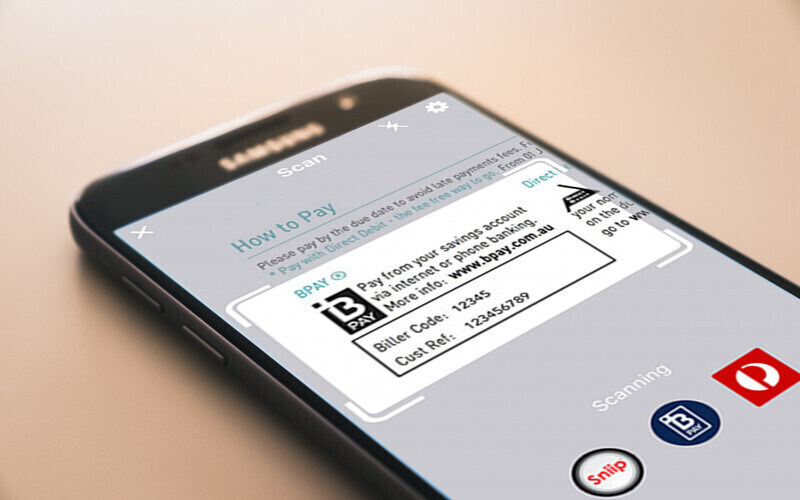
 William Jolly
William Jolly

